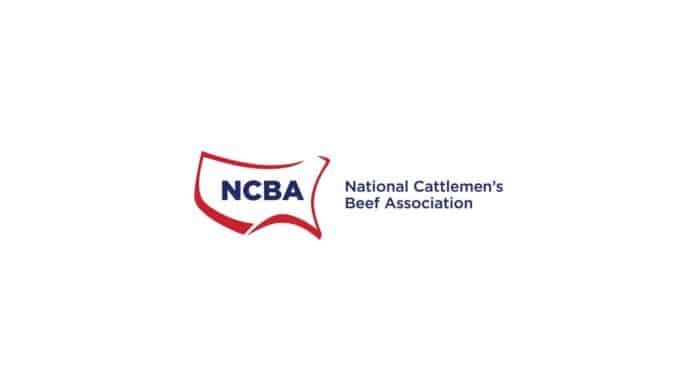WASHINGTON (Mar. 7, 2024) – In a letter submitted to the House Natural Resources Committee, the National Cattlemen’s Beef Association (NCBA) urged members of Congress to support the recently introduced America’s Wildlife Habitat Conservation Act (H.R. 7408). The landmark conservation bill, led by Chairman Bruce Westerman (R-Ark.), was considered yesterday in a Water, Wildlife and Fisheries Subcommittee hearing. The legislation would invest in state-led conservation projects, push the U.S. Fish and Wildlife Service (USFWS) to delist species that are recovered, and provide regulatory certainty for landowners who participate in voluntary species conservation agreements.
“We cannot effectively support the conservation and recovery of beloved wildlife species without the foundation of open, green, healthy habitat. Chairman Westerman’s legislation puts an appropriate focus on controlling what we can control, and conserving our nation’s prime habitat,” said NCBA President and Wyoming rancher Mark Eisele. “This bill puts the people who are closest to the land and closest to the issues in the driver’s seat, by prioritizing state and tribal leadership. We appreciate Chairman Westerman’s support for conservation on working lands, and his effort in this bill to protect the voluntary investments that farmers and ranchers make in wildlife conservation.”
Despite the best original intentions of Congress, the Endangered Species Act (ESA) over the last half-century has become a bureaucratic nightmare that stifles voluntary conservation work, provides endless ammunition for frivolous litigation, and imposes unnecessary restrictions on farmers and ranchers.
H.R. 7408 would address many of these challenges by:
- Codifying Candidate Conservation Agreements (CCAs) and Candidate Conservation Agreements with Assurances (CCAAs). The bill would prevent farmers and ranchers who are already doing habitat conservation work through a CCA or CCAA from being subject to a future critical habitat designation.
- Prioritizing funding for projects led by states and tribes, rather than funneling more money into implementing top-down, one-size-fits-all federal species management plans.
- Requiring USFWS to set clear benchmarks for recovery when issuing 4(d) rules and to delist when those goals are met.
- Fixing the disastrous Cottonwood (2015) decision that has bogged the U.S. Forest Service down in ESA consultation and prevented crucial fire mitigation work from moving forward.
- Extending Good Neighbor Authority to USFWS, to allow the agency to work with public and private partners, across fence lines, to conserve contiguous habitat.
The legislation now awaits a full committee hearing in the U.S. House of Representatives.


